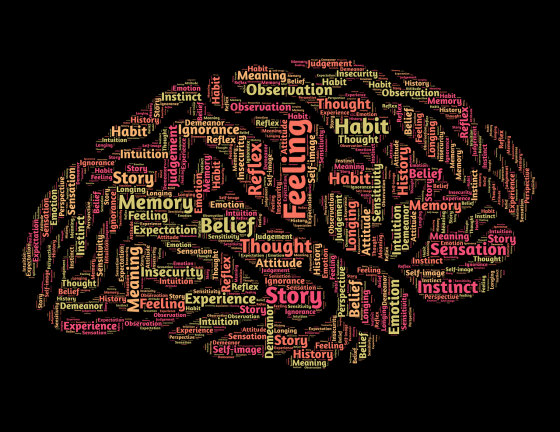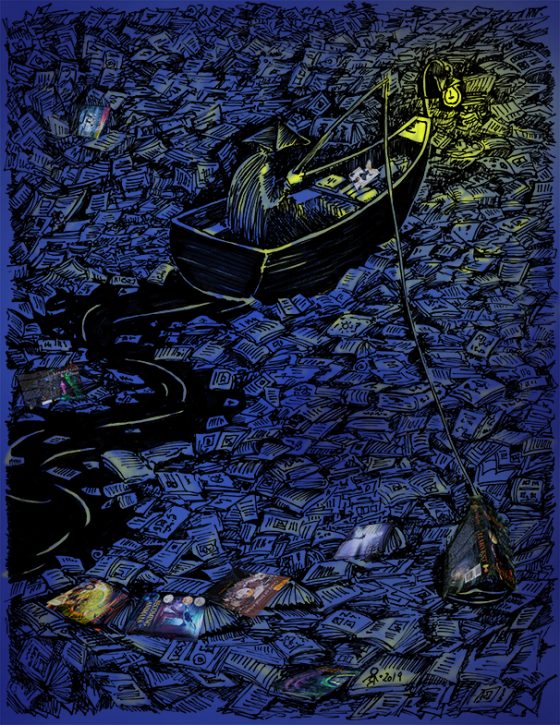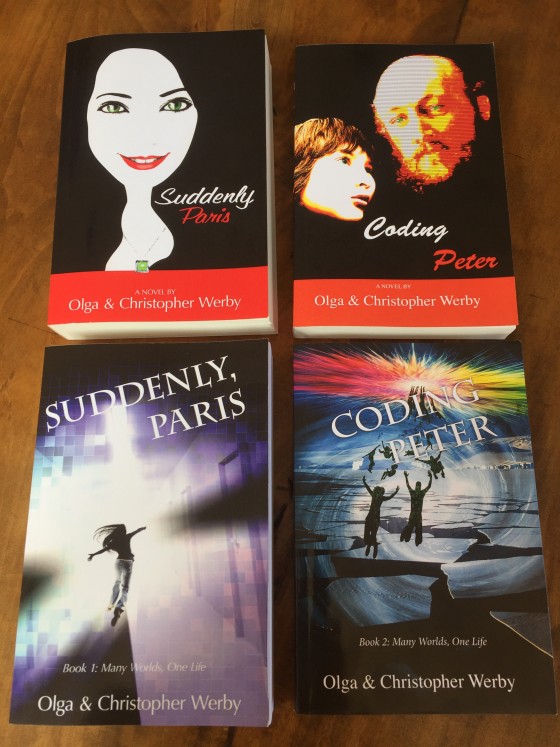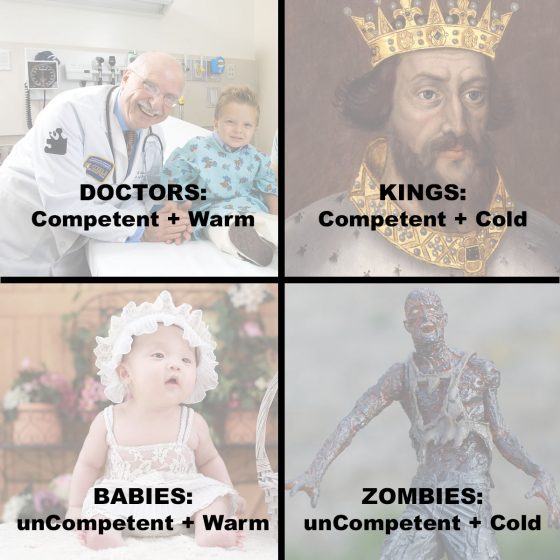
There is a general recognition that time perception speeds up as we get older. As kids, we felt our summers lasted a lifetime; as adults, summertime slithers out of our hands before we even get a chance to pull our sun hats from storage. With each year, time shortens and compresses to practically nothing. But is that all? Are there other changes that we are simply less aware of that transform our psyche as we age? And is this adult feeling for temporal foreshortening uniformly distributed throughout human cultures (historically and geographically)? Since I’ve just published two books this year (“Harvest” and “God of Small Affairs”) that considered human development on cosmological scales of existence, there was something in those stories that tickled my brain — what else changes so dramatically over our lifetimes? And I think the answer might be our goals and expectations. As a kid, I played at how long I could hold my breath, how long could I hang from a pole, how many times I could jump the rope before getting tangled up… How many grapes could fit into my mouth? (It was really gooseberries, but who knows what they are on this side of…






